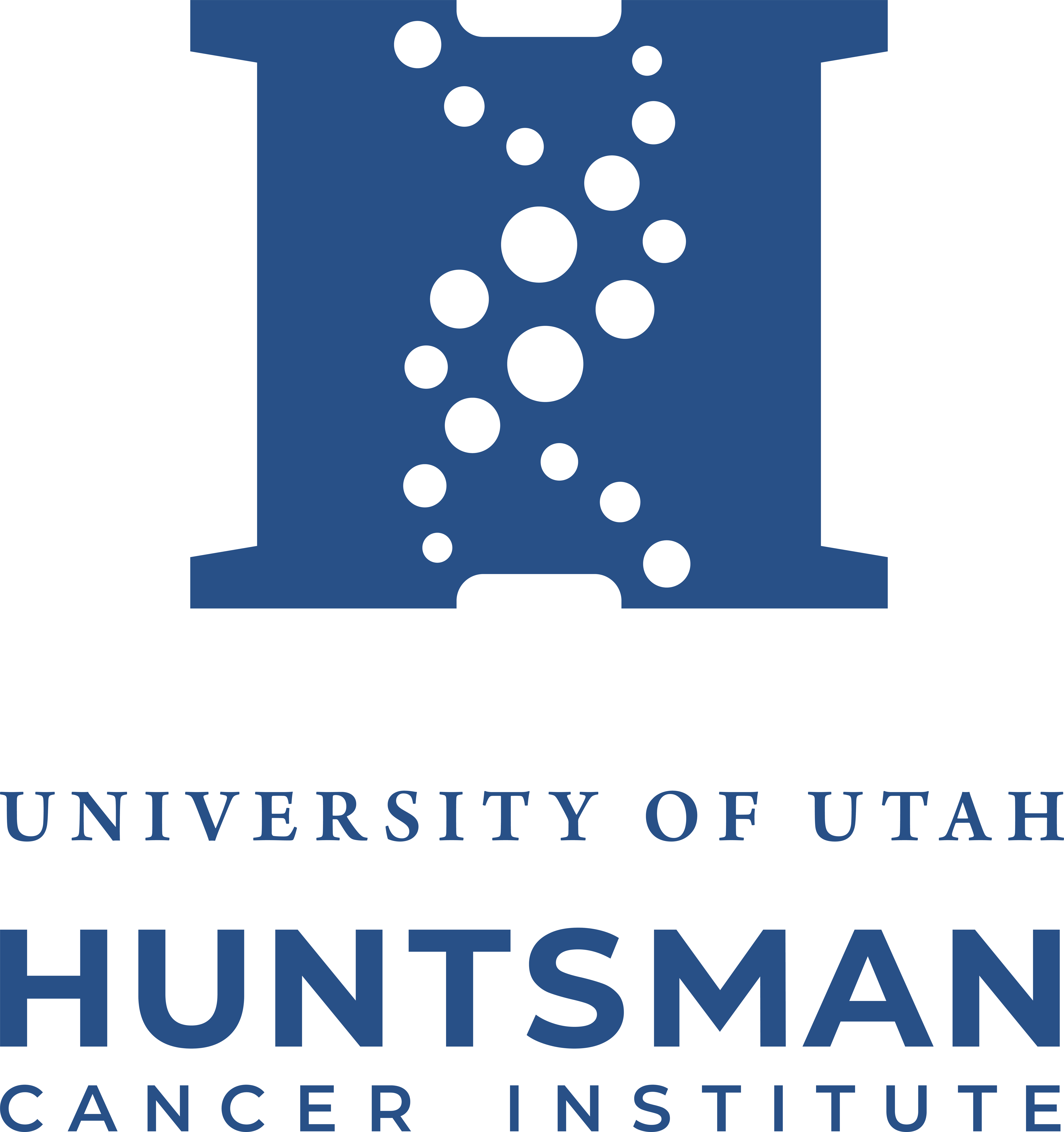
Dr. Agarwal on Unmet Needs in mRCC

Neeraj Agarwal, MD, associate professor, Division of Oncology, Department of Medicine, University of Utah School of Medicine, Huntsman Cancer Institute, discusses unmet needs in metastatic renal cell carcinoma (mRCC).
Neeraj Agarwal, MD, associate professor, Division of Oncology, Department of Medicine, University of Utah School of Medicine, Huntsman Cancer Institute, discusses unmet needs in metastatic renal cell carcinoma (mRCC).
There is a great deal of unmet need in mRCC even though overall survival has gone from 1 year to approximately 3 to 4 years. More work needs to be done to develop novel agents and combinations, says Agarwal. Arguably even more importantly, biomarkers need to be identified in order to minimize cost and toxicity and improve patient selection, he adds.
In terms of available therapies, the combination of ipilimumab (Yervoy) and nivolumab (Opdivo) has already been approved by the FDA for use in the first-line setting. The combinations of axitinib (Inlyta) and avelumab (Bavencio) as well as axitinib and pembrolizumab (Keytruda) are likely to receive regulatory approval in 2019, Agarwal predicts. Beyond first-line treatment, the most valuable agent is cabozantinib (Cabometyx), which has proven to be superior to conventional VEGF TKIs, such as sunitinib (Sutent) or, in the context of the METEOR trial, everolimus (Afinitor). Moreover, the agent appears to be more favorable than the combination of lenvatinib and everolimus, in terms of cost and toxicity, concludes Agarwal.




































